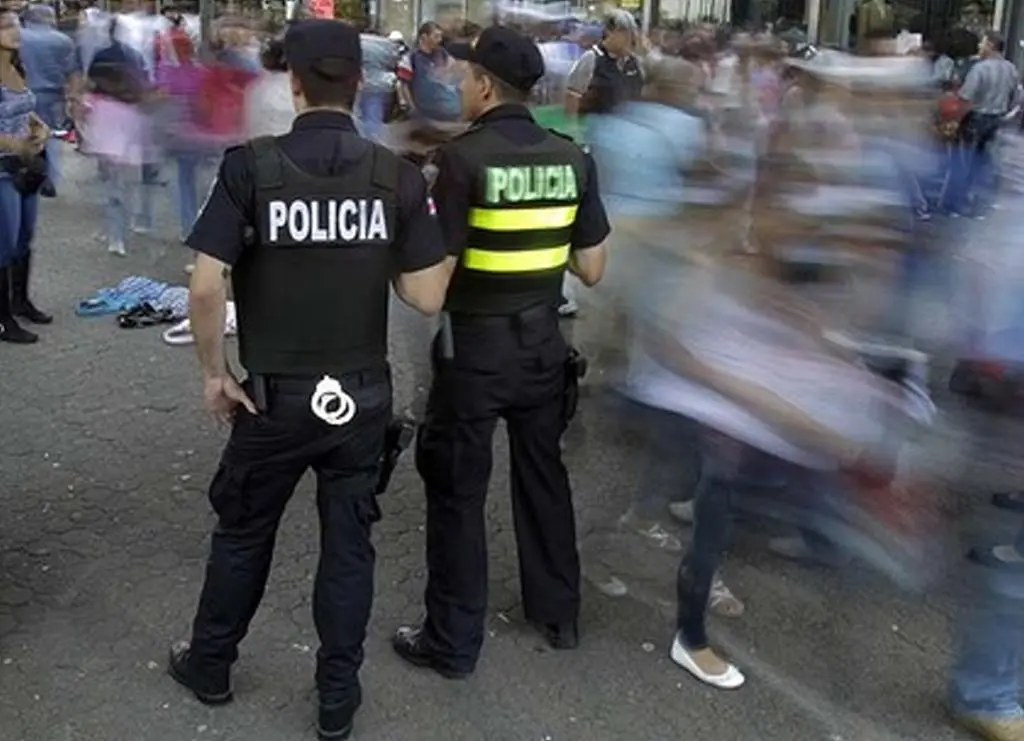Costa Rica is a beautiful country, known for its stunning landscapes and friendly locals, but like anywhere in the world, it’s not immune to crime and scams. Unfortunately, many foreigners who fall victim to such incidents often choose to shrug it off and go home without taking any action. But what if you decide to take a stand? Here’s what you need to know if you find yourself on the receiving end of a crime or fraud in Costa Rica.
Reporting a Crime: Why Bother?
First things first—if you’re the victim of a crime in Costa Rica, you should report it to the local police. Now, I know what you’re thinking: “Why bother? Nothing will come of it.” And while it’s true that the chances of an arrest, conviction, or recovery of your stolen assets might be slim, there are still important reasons to file a report.
For one, an official police report may be necessary for insurance purposes. If you’ve had something stolen that was purchased on a credit card (like a VISA Signature card), you might be able to get a replacement, but only if you have that police report in hand. The same goes for claiming a theft loss deduction on your income taxes. No report? No deduction.
And if your passport is stolen, well, that’s a whole other headache. You’ll need to go to the U.S. Embassy in San José (specifically, Escazú) to report the theft and get a replacement passport before you can return home. But again, you’ll need that police report to start the process.
Dealing with the Police: Patience Is Key
Now, here’s where things can get tricky. Many victims report that local police in Costa Rica aren’t exactly eager to file reports. You might hear excuses like the reporting officer isn’t available, or worse, they might try to convince you that you simply lost your possessions. Some even refuse outright to file the paperwork.
Unfortunately, statistics from the U.S. Embassy back this up. Less than half of the stolen passports are reflected in official police reports. But don’t let that discourage you. Be persistent, polite, and insistent. Get everything in writing, even if it’s just excuses. Eventually, you’ll get that report.
Pro tip: Write down the names of the officers you deal with, even if it’s on a scrap of paper. This shows them you’re serious and keeps them accountable. And don’t be surprised if the original report ends up in the trash—sadly, it happens.
When I had to file a report, they handed me the original without even pretending to keep a copy for their own records. But hey, at least I got the report, right?
Tell the Hotel or Tour Operator: They Might Actually Help
In some cases, your hotel or tour operator might be more helpful than the police. Their business relies on Costa Rica’s reputation as a safe, fun destination, so they have a vested interest in keeping you happy.
Some of the more modern resorts have sophisticated security systems like magnetic key card entry and logs that track who’s been in and out of your room. Believe it or not, they’ve been known to track down robbers using these systems.
So, don’t hesitate to report the crime to your hotel or tour operator. They might surprise you by going above and beyond to help resolve the issue.
Filing a Consumer Complaint: A Long Shot, But Why Not?
Not every unpleasant experience in Costa Rica rises to the level of a crime. Maybe you were scammed by a business, or you received terrible service. In these cases, you can file a consumer complaint with the Ministerio de Economía, Industria y Comercio (MEIC).
Now, I’ll be honest—the chances of anything coming from this complaint are slim to none. And if you’re hoping for a refund, don’t hold your breath. But if you’re the type who wants to feel like you’ve done everything you can, go ahead and submit a “denuncia” to the MEIC.
It might not lead to much, but at least you’ll know you did your part. And who knows? Maybe your complaint will help prevent the next tourist from falling victim to the same scam.
Preventing Crime Reporting: The Ugly Truth
It’s an unfortunate reality that there are political and economic incentives to keep crime reporting low in Costa Rica. When fewer crimes are reported, the local police can claim they’re doing a great job, and the national government and tourism board can avoid the negative publicity that comes with rising crime statistics.
This means that, as a victim, you might face more resistance than you would in other countries. But that doesn’t mean you should give up. Persistence is key. Even if it feels like you’re pushing against a brick wall, keep at it until you get that report.
The Bottom Line: Don’t Let It Slide
Being a victim of crime or fraud while traveling can be a frustrating and disheartening experience. But don’t let it slide. Whether you’re filing a police report, seeking help from your hotel, or lodging a consumer complaint, it’s important to take action.
Not only will this increase your chances of recovering some of your losses, but it also helps keep businesses and authorities accountable. The more people report these incidents, the harder it is for the bad actors to continue getting away with it.
So, if you find yourself in an unfortunate situation in Costa Rica, remember to stay calm, be persistent, and don’t hesitate to ask for help. After all, it’s your right as a visitor to feel safe and supported, even when things don’t go as planned.

